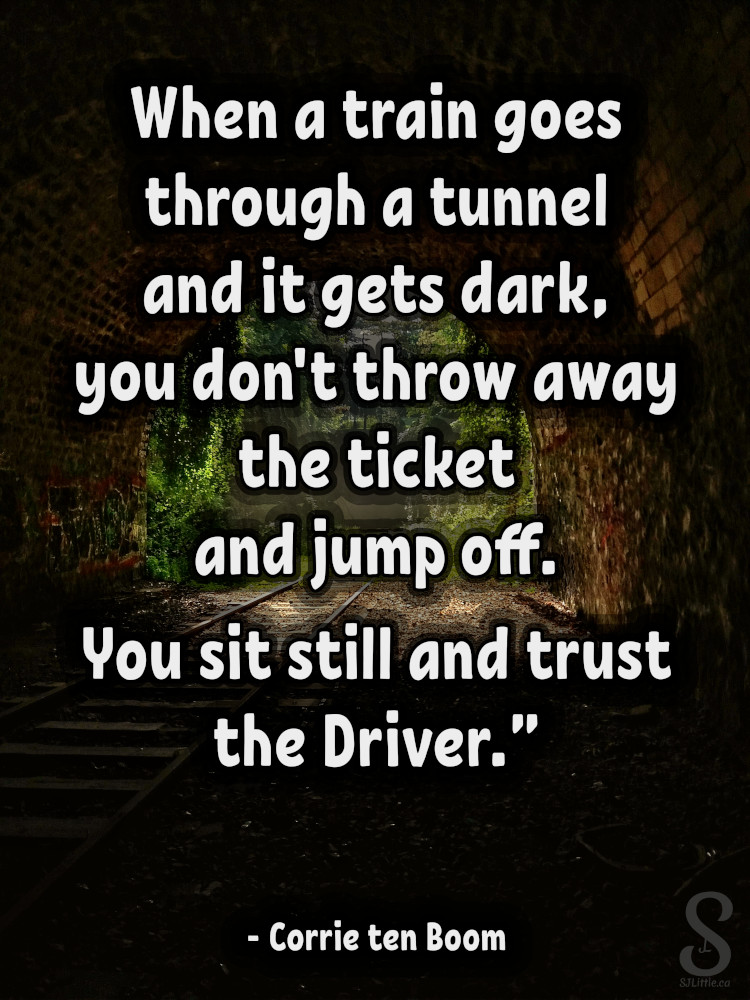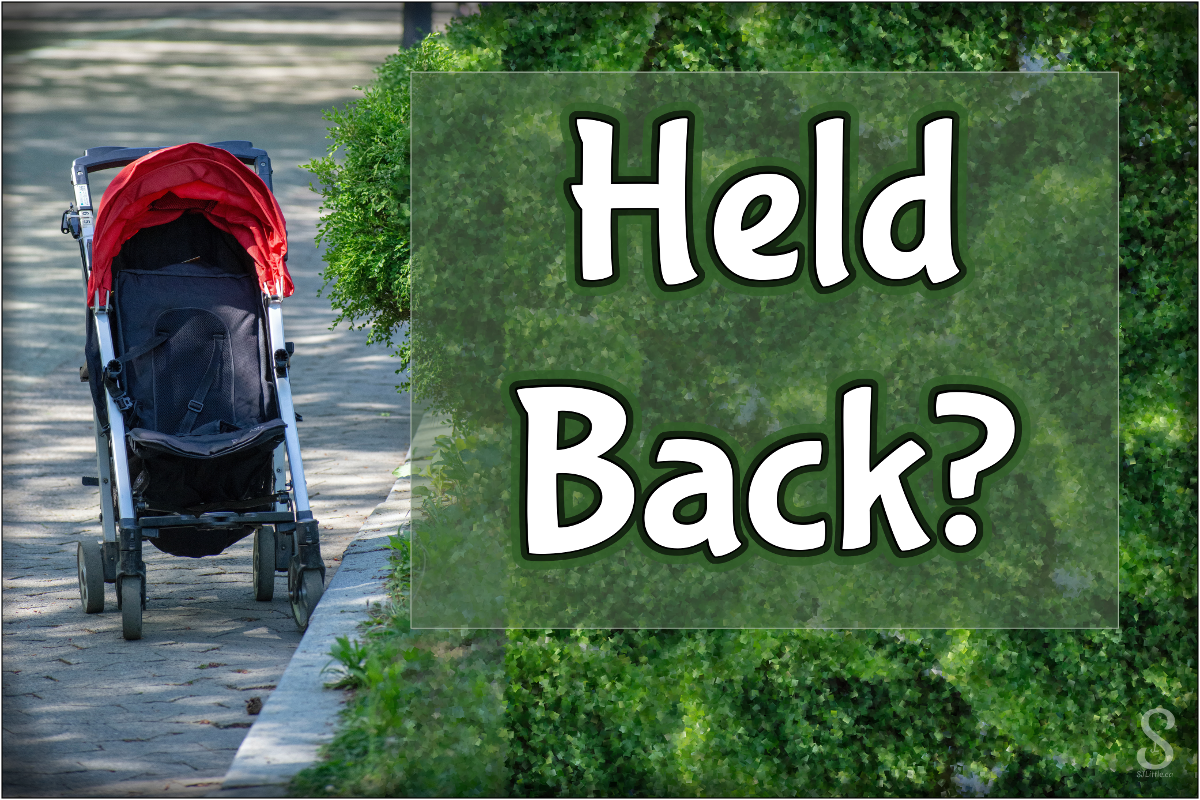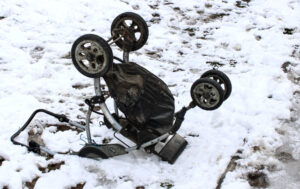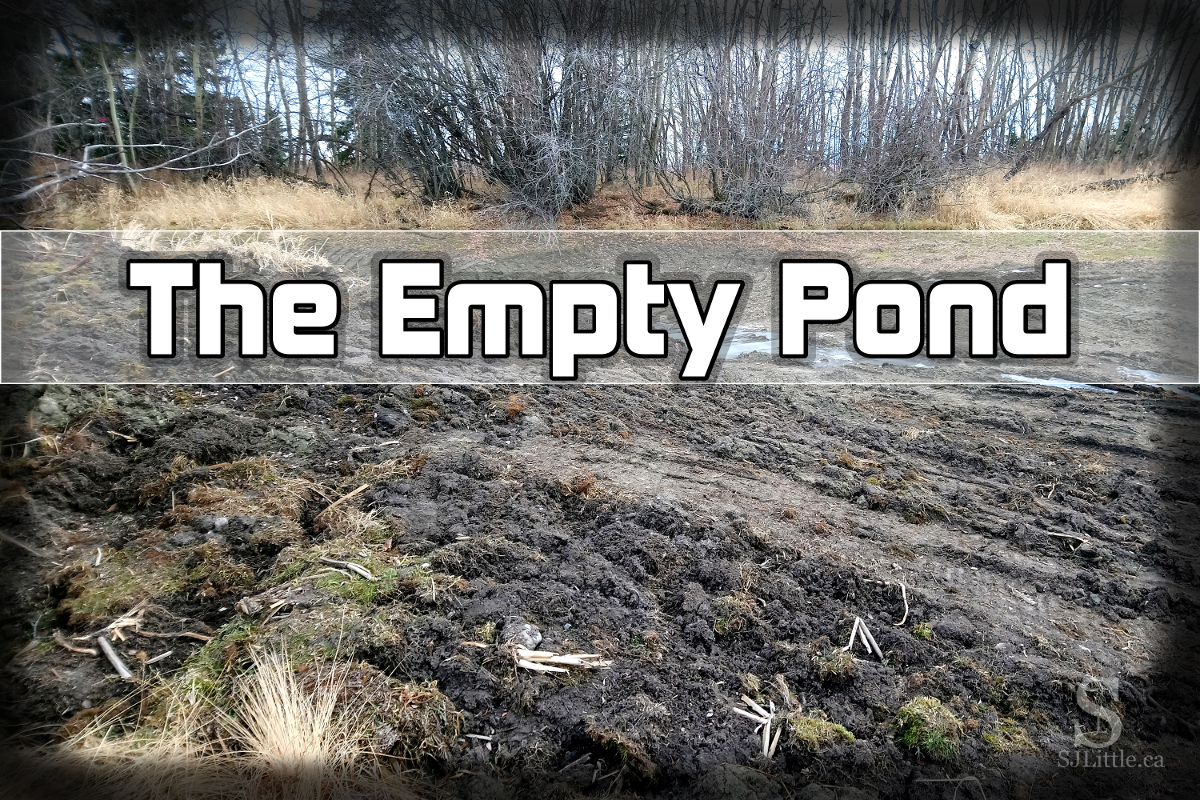
Some people have a wonderfully simple way of wording things. Today’s allegory is inspired by a quote attributed to Corrie ten Boom. To bring the quote to life, I have woven a story. At the end, I will share the quote which I’m sure will be as inspirational to you as it has been to me.
Standing on the station platform, I studied the incoming train. I glanced at the ticket in my hand. Yes, this was the train I needed to get to the Bible school.
Once the departing passengers cleared, I climbed aboard and located an empty seat in the half-full train car.
Parking my suitcase by my feet, I pulled my backpack onto my lap.
A few minutes later, the train gave a lurch and proceeded on its way.
I glanced around me. No English anywhere. All the ads and station names were illegible to me. Each snippet of conversation that reached me from fellow passengers was as good as jibberish. I understood none of it.
Rather than let that worry me, I leaned back, letting my gaze roam the city streets we hurried through. They too were entirely unfamiliar. I had no way of telling whether this train was heading the right direction. Yet, the number on the outside of the train matched that on my ticket. Surely it would take me there.
I knew it would be more than an hour until I arrived, so I allowed my mind to wander as I admired the rich greens of the countryside we’d entered.
I knew a little about my destination. Around 100 students would be there, none of whom I’d met before. Classes would be in English. Our rooms and food were provided. It was near a lake.
Still, a million unknowns crowded into my mind.
I pushed the worries away. I would trust God. He’d pointed me this direction. I would follow. He would give me what I needed.
The steady rhythm of the track made my head begin to nod. I hadn’t slept well during the hours spent on the plane.
I pulled my backpack closer as my eyelids drooped.
I sat bolt upright, aware that I’d been sleeping. Something was different.
It took me a moment to realise the train had been thrown into darkness.
Looking out the window, all I could see was black.
I felt the train turn, as it wound through the darkness. Were we going in the right direction?
I bit my lip. I really did not want to get lost in this foreign country. Was I on the wrong train? Should I pull the emergency brake and jump off here?
No, I was certain this was the train I was meant to be on.
I had no idea what direction my stop was, but the train driver knew.
As I watched the beginnings of light returning to the outside world, I leaned back in my seat. I would have to trust the driver. He knew what he was doing.
So, what was that quote I mentioned at the beginning of the post? You may have heard it before.
“When a train goes through a tunnel and it gets dark, you don’t throw away the ticket and jump off. You sit still and trust the Driver.” – Corrie ten Boom
What does this allegory mean? Picture God as the train driver or engineer.
When I became a Christian, God invited me onto a train. He set a new life before me – different from the life I was living before.
Sometimes as I travel on the train that God is driving, everything seems wonderful and happy. At other times, the train goes through a tunnel and life gets hard… very hard.
When life gets hard do I turn my back on God and jump off the train He has put me on? Or do I trust that He is still in control and knows what He is doing?
For Corrie ten Boom, a very dark tunnel came in the form of the Nazi Ravensbrück concentration camp. She watched her sister, Betsy, die and faced brutal treatment day in and day out. Yet Corrie did not abandon her faith in God. She trusted the Driver, and He carried her through.
When a dark tunnel comes in my life, may I follow Corrie ten Boom’s example. May I trust that God is still in control. He will see me through.

If you want to read Corrie ten Boom’s story, I highly recommend her book The Hiding Place.





